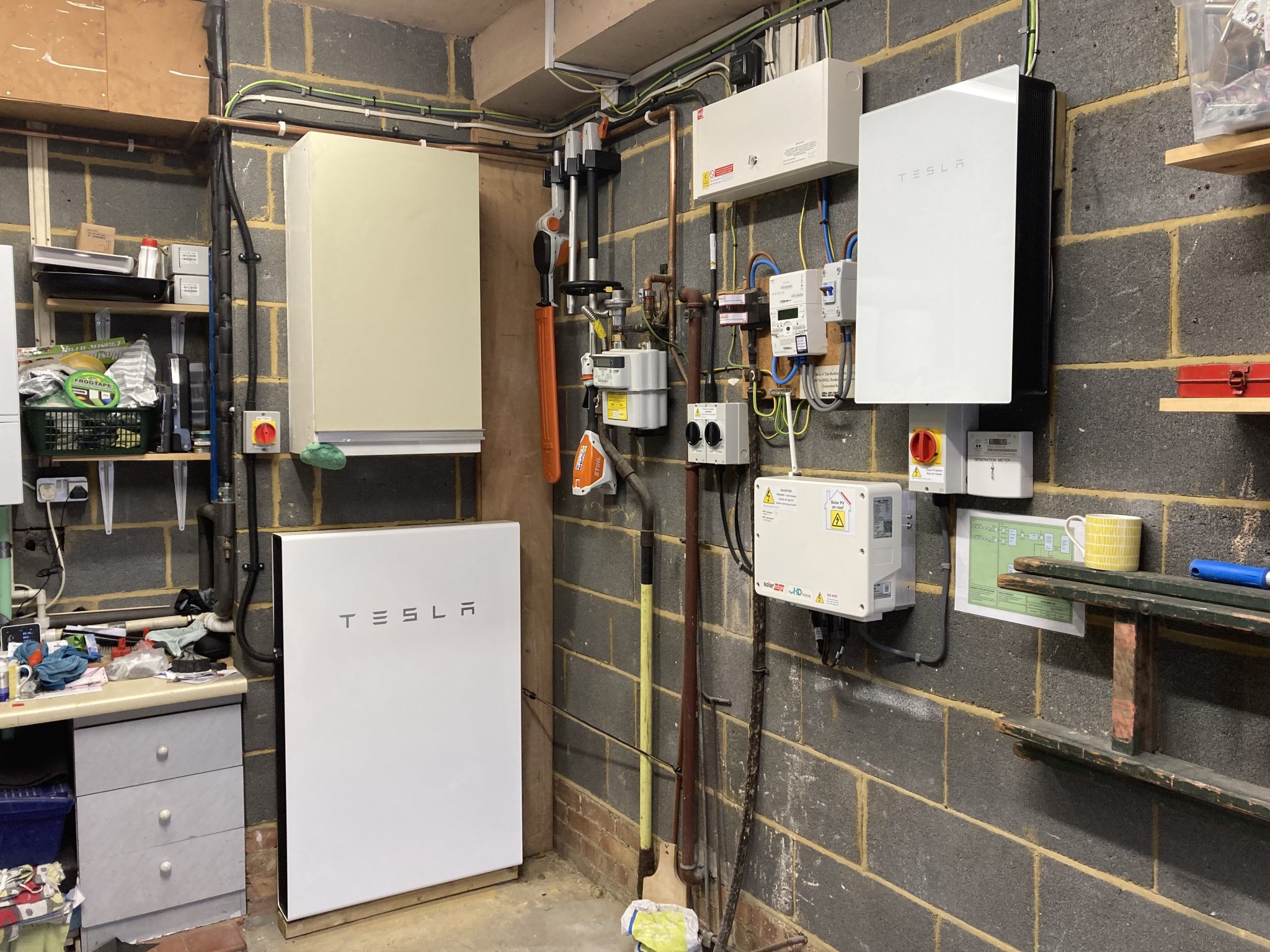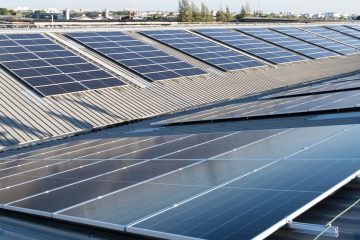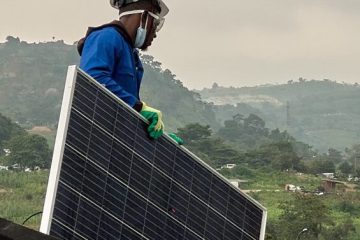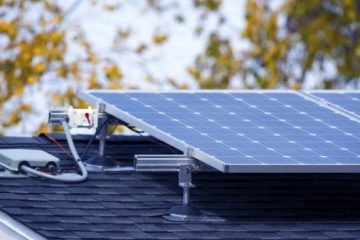With rising electricity costs, increasing power outages, and a growing focus on sustainable living, more homeowners are considering solar energy storage systems (ESS) as a practical solution. But is it really worth the investment?
At Just HardRich Global Resources Limited, Nigeria’s choicest Electrical Power and Control Engineering Company, we have seen firsthand how solar ESS is transforming energy consumption, allowing homeowners to enjoy greater independence from the unreliable national grid. In this in-depth guide, we’ll break down the benefits, costs, and long-term value of solar energy storage systems so you can make an informed decision.
Understanding Solar Energy Storage Systems (ESS)
A solar energy storage system consists of solar panels, an inverter, and a battery storage unit that allows homeowners to store excess electricity generated during the day for later use—especially at night or during power outages. Instead of relying solely on the grid or running noisy and expensive generators, homeowners can tap into stored solar power for uninterrupted energy supply.
For Nigerians facing frequent blackouts and skyrocketing electricity bills, investing in a solar ESS offers long-term reliability and cost savings. But choosing the right system depends on understanding the types of batteries available and their specific benefits.
Exploring Types of Residential Solar Energy Storage Systems
The efficiency and longevity of a solar ESS depend largely on the type of battery used. Below, we’ll explore the four main battery technologies and their suitability for home solar systems.
1. Lead-Acid Batteries – Affordable but Limited
Lead-acid batteries are the most affordable option for solar storage and have been used for decades in off-grid power systems. They come in three types:
- Flooded Lead-Acid (FLA) – Requires regular maintenance and water refilling.
- Absorbent Glass Mat (AGM) – Maintenance-free and more durable.
- Gel Batteries – Spill-proof and suitable for deep cycling but have lower power output.
Pros: Low initial cost, widely available.
Cons: Heavy, short lifespan (1,000–3,000 cycles), and requires frequent maintenance.
While lead-acid batteries can work for budget-conscious homeowners, they may not be the best long-term investment due to their short lifespan and inefficiency compared to modern battery technologies.
2. Lithium-Ion Batteries – The Best Choice for Homeowners
Lithium-ion batteries, particularly Lithium Iron Phosphate (LiFePO4), have become the gold standard for home solar energy storage. These batteries offer:
✔ High efficiency (90%+ energy retention)
✔ Long lifespan (up to 10,000 cycles)
✔ Fast charging and deep discharge capabilities
✔ Safe chemistry with low risk of overheating
At Just HardRich Global Resources Limited, we recommend lithium-ion solutions for homeowners who want a reliable, long-lasting, and maintenance-free solar ESS.
3. Nickel-Cadmium Batteries – Durable but Outdated
Nickel-cadmium batteries are known for their durability in extreme weather conditions, making them useful in industrial and remote applications. However, they are rarely used in residential solar ESS due to their low energy efficiency, memory effect, and environmental hazards.
Pros: Withstands extreme temperatures, long lifespan.
Cons: Toxic materials, low efficiency, and not ideal for home use.
4. Sodium Nickel Sulphide Batteries – The Emerging Competitor
A newer technology, sodium nickel sulphide batteries, offers high energy density and long cycle life (4,000–5,000 cycles). However, their high operating temperature (300°C–350°C) and additional heating requirements make them less suitable for residential applications at the moment.
Pros: High energy storage capacity, scalable.
Cons: High operational temperatures and costly installation.
For Nigerian homeowners, lithium-ion batteries remain the most practical and efficient option for solar storage.
Advantages of Solar Energy Storage Systems for Homeowners
A solar energy storage system offers numerous benefits beyond just backup power. Here’s why more Nigerian homeowners are making the switch:
1. Maximise Self-Consumption and Reduce Electricity Bills
With an ESS, you can store excess solar power during the day and use it when electricity rates are higher, particularly under Time-of-Use (TOU) tariffs. This means:
✔ Lower electricity bills
✔ Less reliance on expensive generators
✔ Reduced exposure to power fluctuations
2. Virtual Power Plant (VPP) Applications
Virtual Power Plants (VPPs) allow homeowners to connect their solar storage systems to larger energy grids, potentially earning incentives by sharing stored power during peak demand. While Nigeria is still developing such models, the future of smart energy distribution holds exciting possibilities.
3. Energy Independence & Grid Stability
For those living in areas with frequent blackouts, a solar ESS provides energy security, ensuring that your home remains powered even when the grid goes down. No more disruptions or dependency on unreliable power providers!
Financial Benefits of Installing a Solar ESS
1. Understanding the Payback Period
The payback period refers to how long it takes for your savings on electricity bills to cover the cost of installation. For a typical Nigerian household, the payback period ranges between 5 to 10 years depending on:
✔ Installation costs
✔ Solar energy output
✔ Government incentives (if available)
At Just HardRich Global Resources Limited, we customize solar solutions to maximise efficiency and shorten payback periods.
2. Long-Term Cost Savings
Over a 25-year lifespan, homeowners can save anywhere from ₦10 million to ₦30 million on electricity bills, depending on solar conditions and battery efficiency. Compared to relying on diesel or petrol generators, which have ongoing fuel costs, solar ESS provides consistent long-term financial benefits.
Government Incentives and Policies on Solar ESS in Nigeria
The Nigerian government is gradually introducing incentives for solar adoption, such as:
- Renewable energy subsidies
- Tax breaks for solar investments
- Net metering programs (in selected regions)
These policies will encourage more homeowners to adopt solar in the coming years. Stay updated with Just HardRich Global Resources Limited for insights on the latest developments.
Should You Invest in a Solar Energy Storage System?
If you are a homeowner in Nigeria looking for:
✅ Reliable backup power
✅ Significant electricity bill savings
✅ Independence from the national grid
✅ A long-term investment in clean energy
Then YES! A solar energy storage system is absolutely worth it.
At Just HardRich Global Resources Limited, we design, install, and maintain high-quality solar power and energy storage solutions that suit your budget and energy needs.
Contact us today at +234 803 255 9417
Visit our website: www.justhardrich.com.ng
Conclusion: The Future of Solar ESS in Nigeria
Solar energy storage is no longer a luxury—it is a necessity for any homeowner who values energy security, cost savings, and sustainability.
By investing in a solar ESS today, you’re not just reducing your reliance on the grid; you’re taking control of your energy future.
With Just HardRich Global Resources Limited, you can be assured of top-notch engineering solutions, innovative energy technologies, and expert installations that keep your home powered efficiently.




